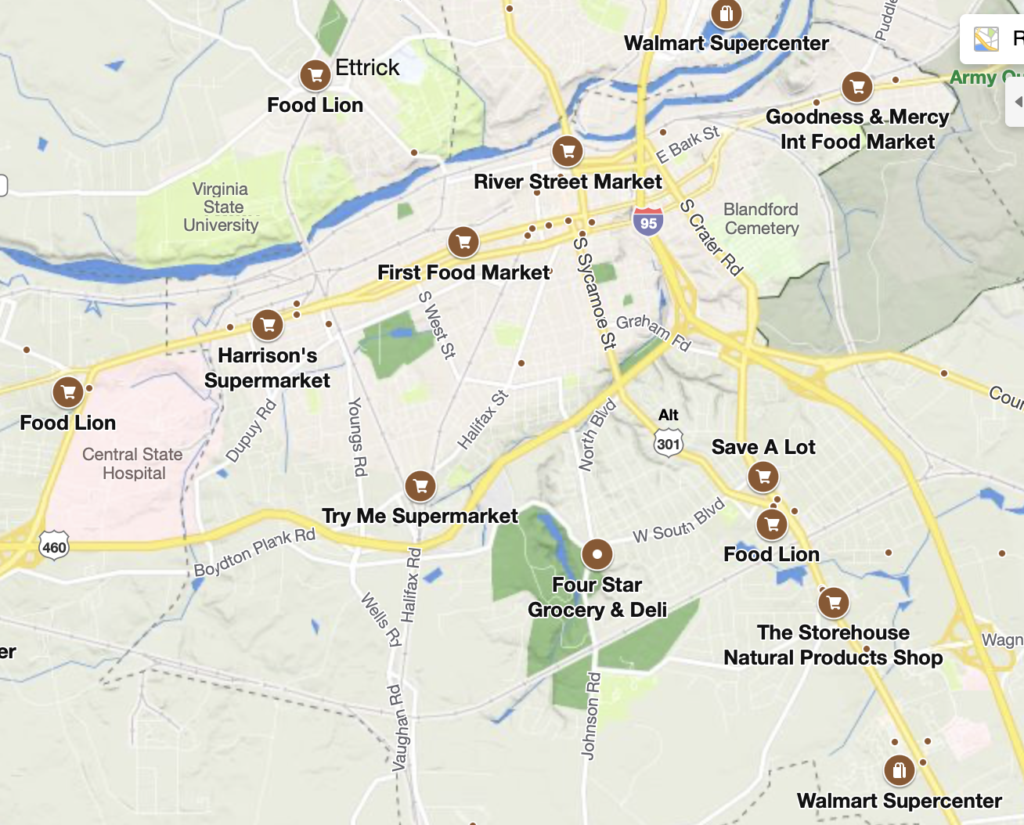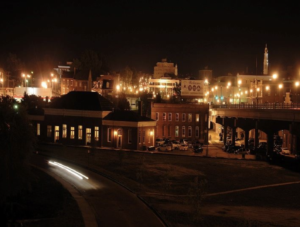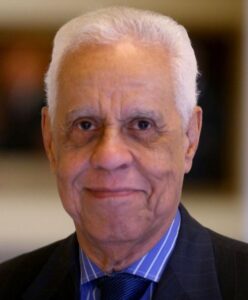by Jon Baliles
Housing has become a vital issue all across our region; it is a pressing need, but not simple to resolve. It will be with us for some time to come and we have to seek out a multi-prong strategy to address it. But there are some steps that can be taken to set the conditions of success, one parcel at a time. Joseph Maltby in the Henrico Citizen had an interesting story with wider implications about one of those solutions.
He writes about a development along Chamberlayne Road just north of Azalea Avenue in Henrico County that will see a new, 186-unit, affordable housing development with density (three and four story buildings) along with other amenities. The interesting part of the story is that the eight-acre property was “declared derelict in 2019 and put on the county’s list of properties designated for redevelopment,” and the former Days Inn motel was demolished.
Continue reading

 by Dick Hall-Sizemore
by Dick Hall-Sizemore




